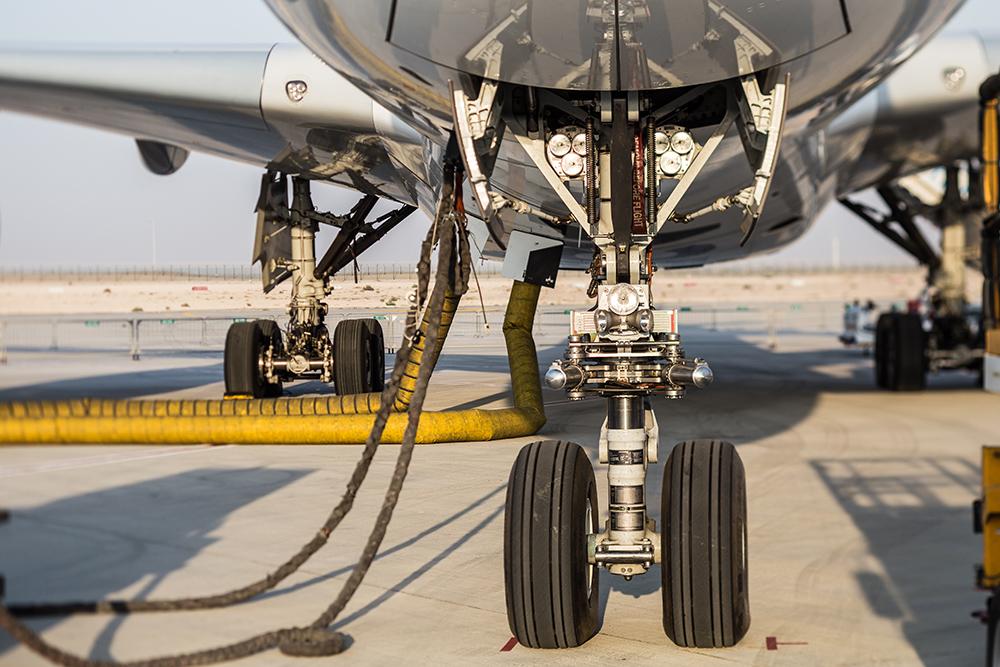
African airlines are increasingly seeking easier access to landing gear technical support, spares and MRO services. And, as Boeing suggests, annual air traffic growth in Africa will be around 7% through to 2042, providing more opportunities for support services.
Despite just a handful of legacy airlines, several other smaller and mid-sized locally established carriers are stepping up to meet growing demand, operating regular routes with an average of 5-15 aircraft. African airlines saw an 18.5% rise in demand for passenger travel in January 2024 with capacity increasing by 19.2%, according to the International Air Transport Association.
However, limited investment leaves little scope for the expansion of MRO capabilities, according to Ibrahima Ambi Diedhiou, Africa and Middle East customer support manager at Safran Landing Systems (SLS). “Due to limited financial resources, most operators—apart from the larger airlines—cannot invest heavily in their workshops, tools and industrial facilities. Furthermore, maintenance is expensive, because Africa is a high-cost environment with varying taxes across the continent on aviation fuel and airports adding pressure to the market,” he tells Aviation Week.
SLS has been providing operators with ATA 32 components for several years, including landing gear structures, wheels and brakes, and braking, extension, retraction, steering and monitoring control systems. Diedhiou believes operator partnerships with an OEM provide quicker access to MRO technology knowledge, putting airlines at a significant advantage. “With a direct agreement, operators benefit from technical assistance, training, parts availability and commercial guarantees to keep costs under control,” says Diedhiou.
SLS teams are present in Africa to provide proactive support to aircraft operators as part of their contractual commitments. “We regularly meet face-to-face with our African partners for shop visits, contract updates and to share maintenance best practices,” he says.
Diedhiou believes anticipating customer demand is paramount to provide the right expert advice and consultancy services. “Our aim is to support operators as they scale up to develop their in-house MRO capabilities such as training, tooling and on-site support. This also reduces the environmental impact of the logistics involved in overseas outsourcing,” he says.
Furthermore, SLS engages in regular remote and on-site technical review meetings with airline engineering teams and shop technicians.
African operators will often require tailored landing gear maintenance solutions due to operations in harsher surroundings and, as Diedhiou explains, this can include predictive technical recommendations ahead of overhauls, sharing of technical publications and in-service experience video training—all designed to help airlines maximize their asset utilization.
Diedhiou says all stakeholders are facing a shift from a demand crisis to a challenging supply situation. He recalls a strong rebound in activity starting from around mid-2022, which led to a sharp ramp-up in demand and resulting tensions in the supply chain.
“We have dealt with the situation through a resilient containment plan and innovative actions to ensure customers get the support they need,” he says. Additionally, Diedhiou says customer support teams are informed well in advance of customer requirements in terms of parts availability, thus limiting aircraft grounding scenarios.
SLS plans to increase its geographic footprint on the continent by opening an African regional support office, currently being planned for East Africa. “We are also studying opportunities for temporary case-by-case engineering placements close to our airline customers to share technical capabilities,” he says.





